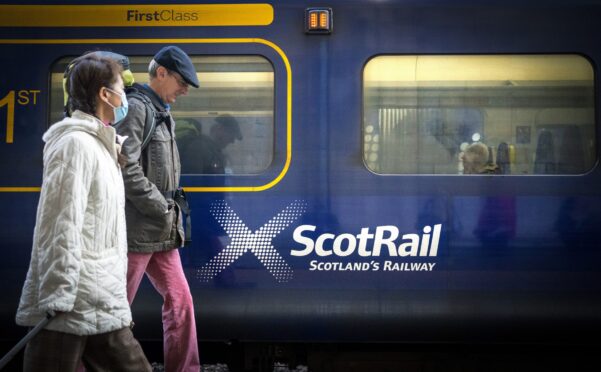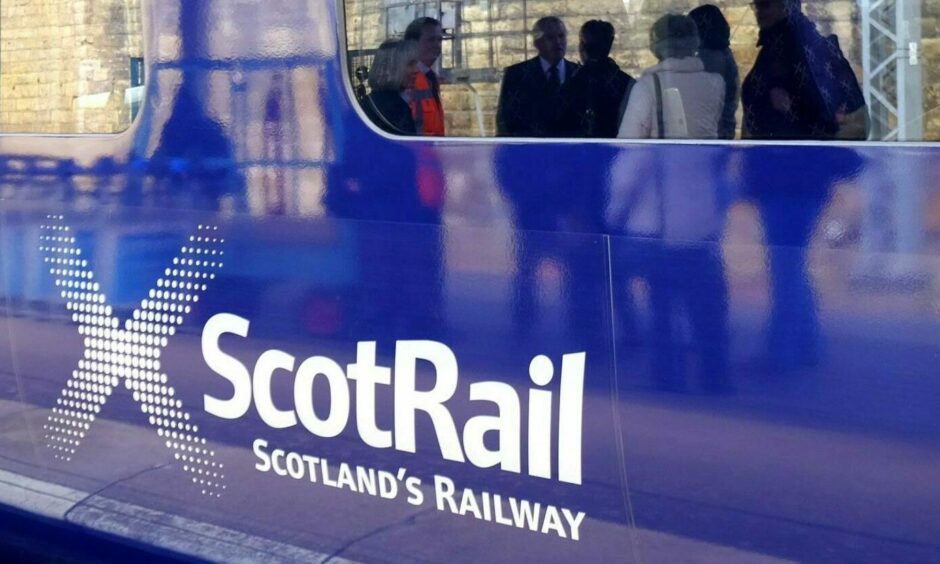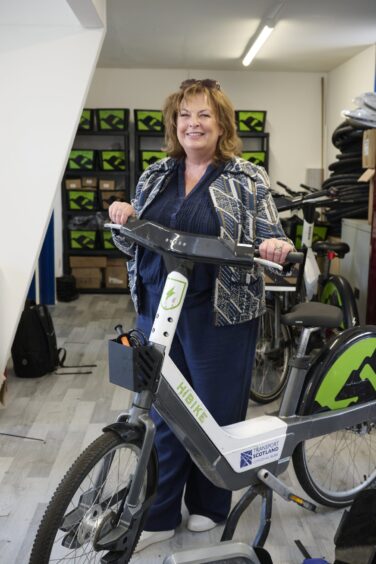Commuters will be hit with a substantial hike increases from next week as a scheme scrapping peak-time ScotRail fares comes to an end.
The scheme – which has meant all fares have been the same at all times of the day – has been running since last October.
It was initially due to last six months but was extended twice.
The end of the scheme is now in sight however, with peak fares returning from Friday, September 27.
It means many day-return tickets will soar by more than 50% across the Highlands and north-east.
And in some cases, commuters will have to pay nearly £200 more every month if they want to continue taking the train to go and come back from work.
Transport Secretary Fiona Hyslop said there had been an increase in passenger levels of about 6.8% during the duration of the scheme, but said that the uptake needed to be 10% to be financially viable.
Commuters to be hit with Scotrail peak fares return
Those travelling between Inverness and Elgin should see their daily trip rising by 52.2%.
A day return ticket between the Highland capital and the Moray town will go from £15.70 to £23.90, an £8.20 increase.
Travellers going between Inverness and Inverness Airport, which is an 11-minute one-way trip, will see the return fare increase by £2.20, from £6.80 to £9.
And day-return trains between Inverness and Nairn will go up by 48%, from £7.80 to £11.20.
In the north-east, a day-return ticket between Aberdeen and Huntly, for example, will go up from £17.50 to £26.60, a £9.10 increase (52%).
Which means regular commuters between both places will pay £182 extra every month.
From Friday, the 18-minute return trip between Aberdeen and Dyce will go up from £4.50 to £5.10, nearly a 13.3% increase.
Return journeys between the Granite City and Inverurie will rise from £9.70 to £12.10, a 24.7% hike.
Scottish Government to scrap ScotRail off-peak scheme
Cabinet Secretary for Transport, Fiona Hyslop, claimed the continuation of the £40-million scheme was not sustainable.
She said: “The pilot primarily benefited existing train passengers and those with medium to higher incomes.
“Although passenger levels increased to a maximum of around 6.8%, it would require a 10% increase in passenger numbers for the policy to be self-financing.
“The Scottish Government would be open to consider future subsidy to remove peak fares should UK budget allocations to the Scottish Government improve in future years.”
Passengers and campaigners have been hitting out at the Scottish Government-owned operator for its lack of reliability.
ScotRail implemented a summer emergency timetable with much-reduced services amid a dispute over drivers’ pay, which will be in place until “at least” October 6.



Conversation